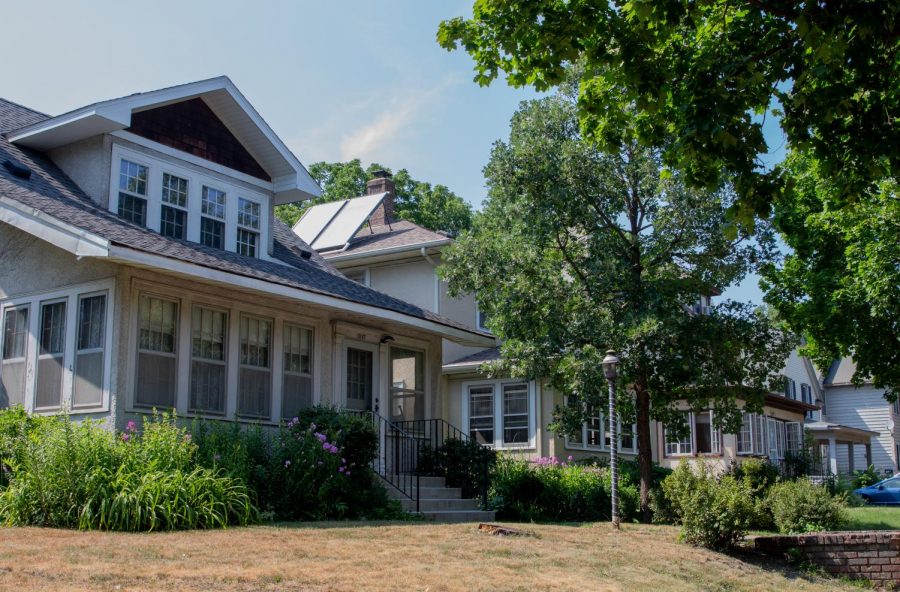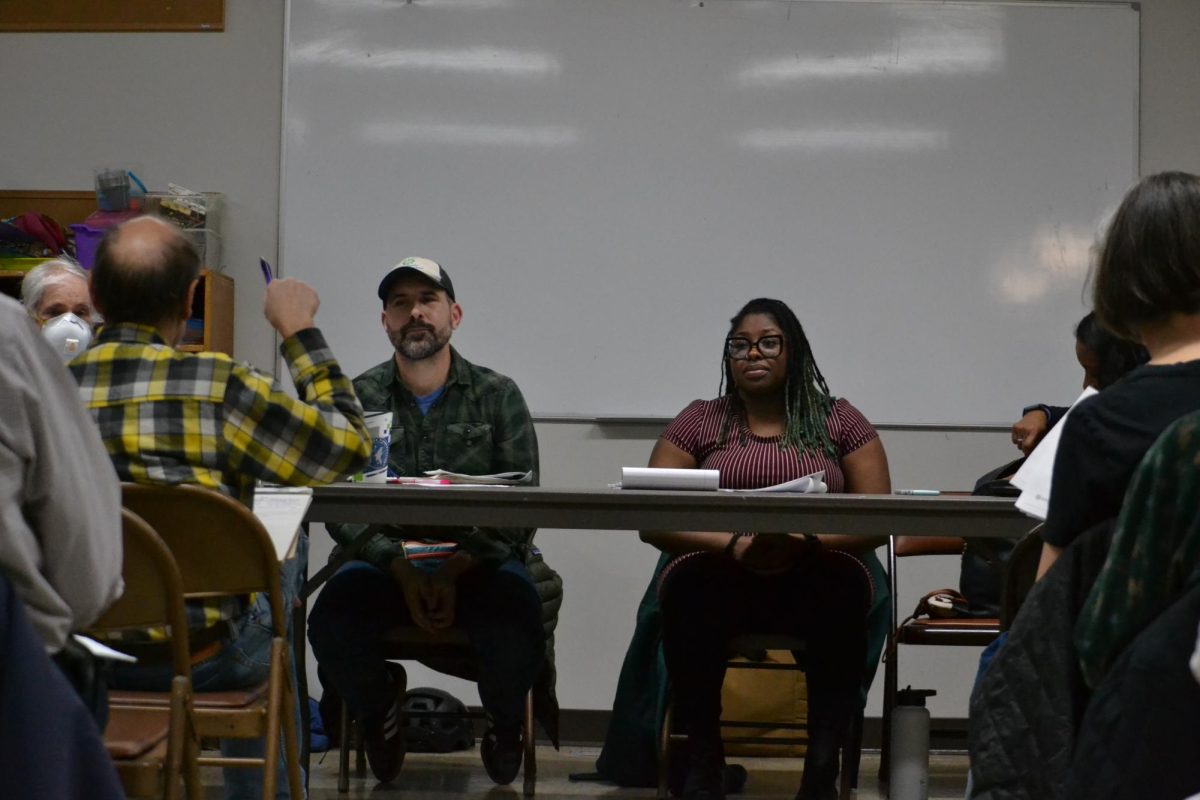Minneapolis resident Vanessa del Campo received an eviction notice four years ago when she and her neighbors asked their landlord to take better care of their apartment. She said the building was infested with cockroaches and rats, the stove and refrigerator did not work and the carpets had deteriorated.
“Since we asked for repairs, the landlord said, ‘You have to leave,’” del Campo told the Minnesota Daily in Spanish, translated by Magdalena Kaluza with Inquilinxs Unidxs Por Justicia (United Renters for Justice). “To go from my home to the courtroom was extremely terrifying.”
Del Campo was able to get a free lawyer through Legal Aid, a non-profit organization that has provided legal representation for “Minnesota’s most vulnerable citizens” for over 100 years, according to its website. She said she “trusted and believed in” the lawyer that was appointed to her.
Del Campo said if she had not had legal representation, “they would’ve taken away my home because the landlord had unlimited resources to make their case … My experience would’ve been a lot more terrifying because I would’ve been all alone.”
Instead, del Campo and her neighbors were able to buy the apartment building and they still live there today.
What does the “right to counsel” ordinance mean for renters?
The Minneapolis City Council unanimously approved the right to counsel ordinance on Oct. 8. It guarantees legal representation for low-income tenants served with eviction and aims to ease the end to the eviction moratorium, according to the city’s website.
Renters who have applied for rental assistance can not be evicted, but as of Oct. 12, landlords can file eviction notices for any other tenants who have not paid rent. Residents qualify if they make less than double the federal poverty threshold. For a single person that is less than $25,760 per year, but for a family of four is less than $53,000.
Ward 2 Council member Cam Gordon said about 3,000 people are evicted each year in Minneapolis. Legal Aid, which Gordon said worked with the city to design the ordinance, found widespread legal representation has the power to bring that number down.
The organization’s 2018 study found that fully-represented tenants win their eviction cases 96% of the time, while those without legal services win only 62% of the time.
Minnesota non-profit HOME Line provides free legal advice over the phone to help tenants know their rights. HOME Line Housing Attorney and Research Director Samuel Spaid said he received an increased amount of calls from renters as the eviction moratorium phased out.
Spaid said the court system moves quickly on evictions, making the preparation process harder on unrepresented renters. While landlords are required to give an eviction notice 14 days before filing official eviction paperwork, he said renters are sometimes only served a week before they have to go to court and defend themselves.
“Often tenants do a good job figuring that information out, but it’s really tough to do that in such a short time when you have everything else going on in your life,” Spaid said.
Student renters need housing assistance too.
University of Minnesota students who pay the Student Service Fee are provided free legal representation for housing issues through Student Legal Service (SLS). William Dane, a housing attorney who has been with SLS for 37 years, said graduate students are most likely to take advantage of the new ordinance because they are less likely to pay the optional student fee.
Dane said SLS only sees about a dozen eviction cases each year because of the nature of campus housing.
“There’s really not a lot of incentive for landlords to want to evict,” Dane said. He said they usually are willing to work with the student and SLS to negotiate and determine an alternative path forward.
However, Dane said the pandemic led to more housing issues for students as they struggled to be released from their leases. He said over half of all cases within SLS relate to housing issues, while before the pandemic, they only made up about 40%.
Minneapolis United for Rent Control organizer Ginger Jentzen said involving students in stronger renter protections is “incredibly crucial.”
“Students will stick around in Minneapolis for years to come. It’s not just the four years that you might be at the University,” Jentzen said. “It can actually have a big impact on the city as a whole and particularly on students who are facing mounting debt.”




























